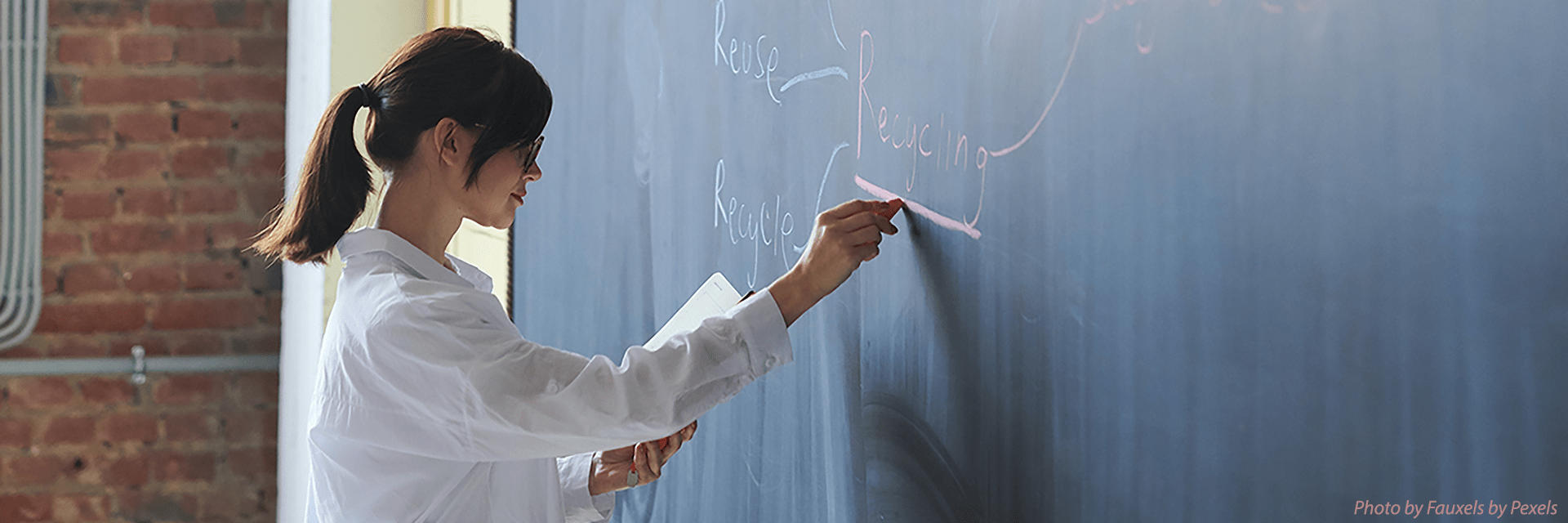Learning Opportunities in the Washington D.C. Area
The greater Washington D.C. area offers a wealth of resources for enriching learning for your students and exposing them to learning opportunities beyond the classroom. Concepts come to life through trips to museums, government agencies, technology and environmental settings. Students can deepen their understanding of course content and see how concepts are applied in the real world by visits to cultural landmarks, businesses, non-profits, and NGOs (non-governmental organizations). Cultural understanding and creative thinking can be encouraged by experiencing the rich offerings in the arts. Drawing on expertise from the local community, students learn from professionals working in the field and develop connections with people and places beyond the campus. Careful planning, intentional structure, clear learning outcomes, and careful attention to the logistics are essential for a successful experience.
Planning tips
- Establish clear objectives before you begin planning.
- Start early, identify a contact to work with, consult him or her on the opportunities and constraints in using their sites for learning, and establish a mutual understanding of expectations.
- Confirm details in writing and confirm again close to the event.
- Visit the location in advance, if possible.
- Give students plenty of advance notice.
- Prepare your students: share logistics, background reading, and what you want them to notice. Set student expectations.
Structuring the Experience
Consider your learning objectives, the location, and student characteristics as you consider the following questions:
- How familiar are students with the local area? How comfortable are they at venturing into new areas alone? Do they know other students to go with?
- Will students go on their own time or as a group?
- Will there be planned activities? Who organizes them?
- How much time can be allocated for this experience? Whenduringthe semester should it be?
- Will this experience be required or optional? If required, how will you handle students who are sick or absent?
Encouraging Learning
As you plan these experiences, consider:
- How are the activities connected to the learning outcomes you want to achieve?
- What can you do in the classroom to make these connections?
- How might assignments be used to help students make these connections?
- What is the potential for learning beyond specific content? For example, what opportunities are there for students to encounter and confront stereotypes? What might they learn about their own approaches to learning?
Assessing Learning
Typically credit is given for the learning that results from the experience, not just for “showing up.” Consider:
- How will you measure learning? Examples include:
- Student reflection: e.g., journal assignment with structured questions, discussion blog.
- Structured assignment: e.g., complete questions that are answered at the location.
- Creative project: e.g., write a review of a play, create a photo collage.
- How will you help students bring this experience back to the classroom to enrich discussion and learning afterwards?
- If the experience is optional, howmight the learning of some be shared with others in the class?
Logistical considerations
The logistics of a trip can be critical to its success. Things to consider:
- Transportation: Options include public transportation (Metro cards can be purchased in advance); Shuttle UM (commuter routes or charter services); and motor pool (www.dbs.umd.edu/motor/). Asking students to arrange their own transportation can be a barrier. Be sure to supply clear directions and information about public transportation options.
- Costs: If there are fees that will be passed along to students, these need to be clearly stated in advance; be sure to check out group ticket options in advance.
- Meals: Plan ahead for meal options; if students are responsible for their own meals include this information in advanceinformation. It is helpful to let students know approximate costs of meals at that location.
- Safety: Student safety is always important while planning. What risks are there, if any, to the activities involved?
- Risk management: Consult the Environmental Safety Office and go to the Office of Legal Affairs for questions about risk management and liability.
- Waiver forms: Check with your department/college for procedures related to a trip waiver form. If you need to create a form from scratch, be sure to have it reviewed by the University legal office.
- TAR (Travel Approval Request): Check with your department/college for procedures related to completing a TAR, required for out-of-state travel. Local travel in the D.C.area is considered “in state.”
Making it happen
Consider having a student assistant to handle some of the logistical details, but don’t pawn it off on them. It will require work on your part to help them succeed.
Resources
- USM Policy on University System Travel: www.usmd.edu/regents/bylaws/SectionVIII/VIII1100.html
- Risk Management & Communication, Environmental Safety: Donna McMahon, Assistant Director and Risk Manager, dmcmahon@umd.edu, (301) 405-3979
- Office of General Counsel, 2117 Seneca Bldg., https://ogc.umd.edu/, 301-405-4945
- Travel Policy, Travel Services, Department of Business Services www.dbs.umd.edu/travel/policy/umtravel/trav_guide.php#Travel_Policy
- Washington, D.C. Convention & Tourism Corporation, 901 7th St. NW 4th Fl., Washington, D.C. 20001, 202-789-7000. www.washington.org
- Smithsonian Education, www.smithsonianeducation.org/educators/field_trips/field_trips.html
- Go Smithsonian, www.gosmithsonian.com

